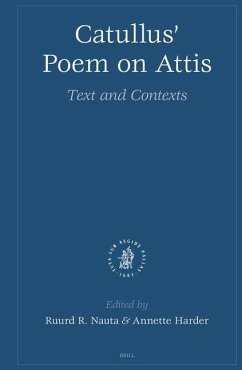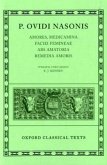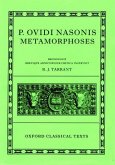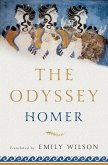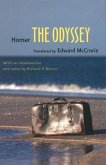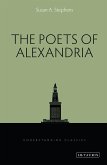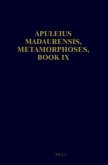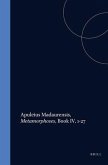Catullus 63, the poem on Attis' self-castration, regret, and final subjection to the goddess Cybele, has been called 'the most remarkable poetical creation in the Latin language'. Scholarly debate has focused on the poem's relationship to the myths and cults of Attis and Cybele, its dependence on Hellenistic models, its meanings for a Roman audience, and its unusual language and metre. In the present volume these questions are being addressed by a team of specialists in religious history, Hellenistic poetry, Roman poetry and culture, and Latin linguistics. The volume not only sheds much new light on a fascinating poem, it also demonstrates how the various disciplines of Classics may cooperate towards a better understanding of ancient culture. The contents of this volume also appear in "Mnemosyne, 57,5. (2004), as a special issue on Catullus.
Bitte wählen Sie Ihr Anliegen aus.
Rechnungen
Retourenschein anfordern
Bestellstatus
Storno

